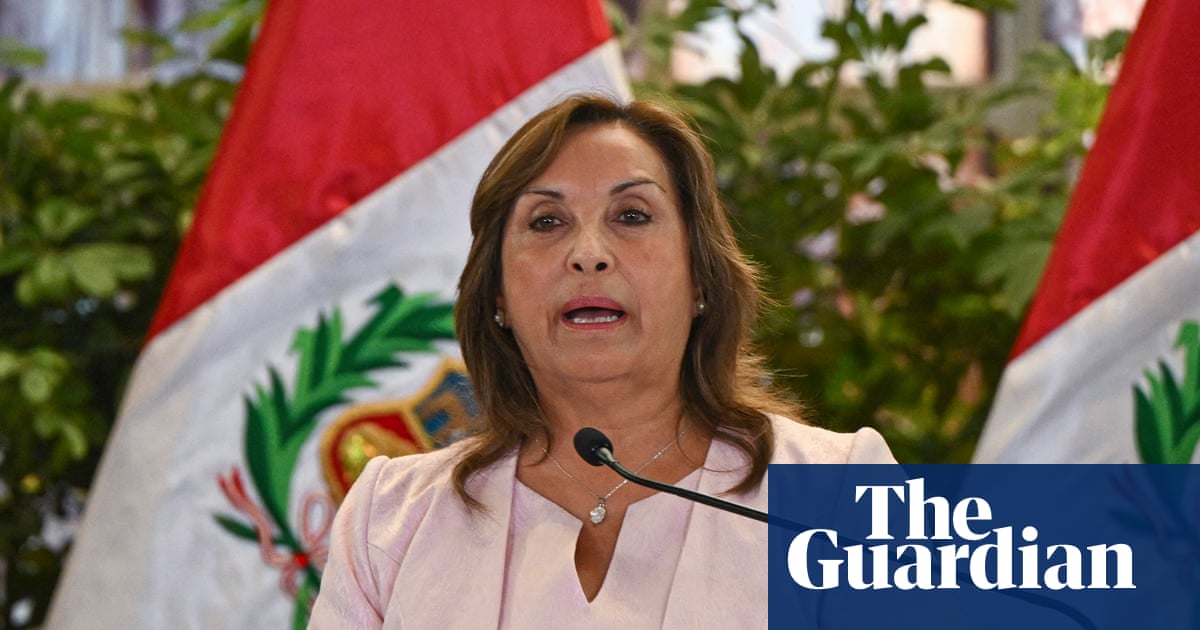Peru's Amnesty Law Sparks International Outcry Over Human Rights Violations
Peru's President Dina Boluarte signed an amnesty law protecting security forces from prosecution for human rights violations during the 1980-2000 conflict, drawing international criticism.
Subscribe to unlock this story
We really don't like cutting you off, but you've reached your monthly limit. At just $5/month, subscriptions are how we keep this project going. Start your free 7-day trial today!
Get StartedHave an account? Sign in
Overview
- Peru's President Dina Boluarte signed a new amnesty bill, drawing significant criticism from human rights groups and international observers who deem it a violation of international law.
- The controversial law grants protection to hundreds of armed forces, police, and self-defence committee members accused of serious human rights violations committed between 1980 and 2000.
- The amnesty prevents criminal prosecution for crimes committed during Peru's bloody 1980-2000 internal conflict, which involved government forces and left-wing rebel groups like the Shining Path.
- The 1980-2000 conflict, primarily against groups like the Shining Path, resulted in a devastating toll, with an estimated 70,000 deaths and 20,000 disappearances reported.
- Critics argue the law undermines justice for victims and grants impunity for perpetrators, directly contradicting international legal standards for accountability in grave human rights abuses.
Report issue

Read both sides in 5 minutes each day
Analysis
Center-leaning sources frame Peru's amnesty law as highly controversial and detrimental to human rights accountability. They emphasize the law's potential to halt trials for "atrocities" and "grave abuses," highlighting strong condemnation from international bodies and human rights organizations. The coverage underscores the historical context of state-sponsored violence and previous efforts to ensure impunity, collectively portraying the law as a significant setback for justice.
Articles (3)
Center (1)
FAQ
The law grants blanket amnesty to members of the Armed Forces, police, and self-defense committees suspected or accused of serious human rights violations committed during Peru's internal armed conflict between 1980 and 2000, and mandates the release of those over 70 sentenced for such crimes.
It is criticized for undermining justice for victims, granting impunity to perpetrators, violating international human rights law, and ignoring orders from the Inter-American Court of Human Rights to suspend the law's implementation.
President Dina Boluarte signed the amnesty bill into law on August 13, 2025, and affirmed that her government would proceed with the law despite warnings from the Inter-American Court of Human Rights against its implementation.
The conflict resulted in approximately 70,000 deaths and 20,000 disappearances, involving violent clashes mainly between government forces and left-wing rebel groups such as the Shining Path.
Victims' lawyers and human rights organizations have condemned the law, planning appeals to international bodies and asserting it extinguishes hundreds of convictions and prosecutions, thereby denying justice to victims.
History
- This story does not have any previous versions.


